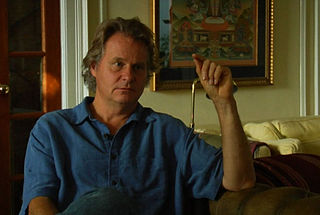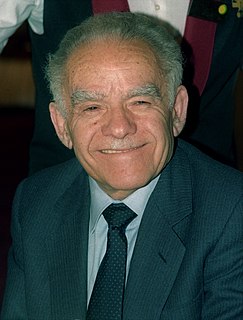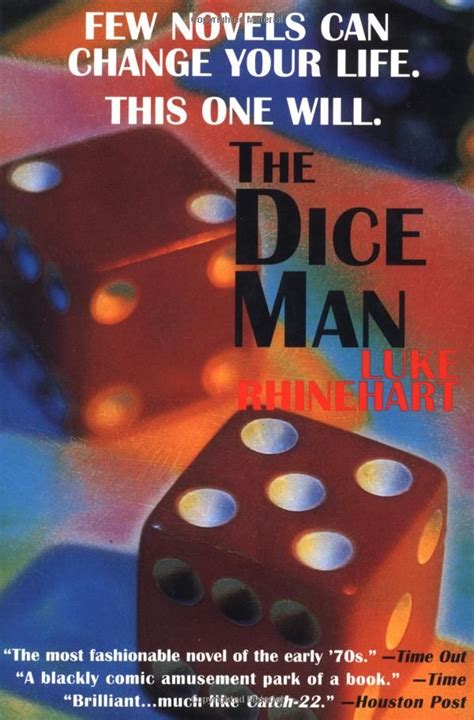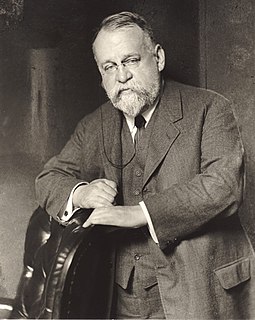A Quote by Emile Durkheim
What history teaches us is that man does not change arbitrarily; he does not transform himself at will on hearing the voices of inspired prophets. The reason is that all change, in colliding with the inherited institutions of the past, is inevitably hard and laborious; consequently it only takes place in response to the demands of necessity. For change to be brought about it is not enough that it should be seen as desirable; it must be the product of changes within the whole network of diverse casual relationships which then determine the situation of man.
Quote Topics
About
Brought
Casual
Casual Relationships
Change
Changes
Consequently
Demands
Desirable
Determine
Diverse
Does
Enough
Hard
Hearing
Himself
History
Inevitably
Inherited
Inspired
Institutions
Laborious
Man
Must
Necessity
Network
Only
Past
Place
Product
Prophets
Reason
Relationships
Response
Seen
Should
Situation
Takes
Teaches
Then
Transform
Us
Voices
Which
Whole
Will
Within
Related Quotes
Jesus does not respond to our worry-filled way of living by saying that we should not be so busy with worldly affairs. He does not try to pull us away from the many events, activities, and people that make up our lives. . . . He asks us to shift the point of gravity, to relocate the center of our attention, to change our priorities. Jesus does not speak about a change of activities, a change in contacts, or even a change of pace. He speaks about a change of heart.
Self-observation brings man to the realization of the necessity of self-change. And in observing himself a man notices that self-observation itself brings about certain changes in his inner processes. He begins to understand that self-observation is an instrument of self-change, a means of awakening.
Cultural survival is not about preservation, sequestering indigenous peoples in enclaves like some sort of zoological specimens. Change itself does note destroy a culture. All societies are constantly evolving. Indeed a culture survives when it has enough confidence in its past and enough say in its future to maintain its spirit and essence through all the changes it will inevitably undergo.
The total quantity of all the forces capable of work in the whole universe remains eternal and unchanged throughout all their changes. All change in nature amounts to this, that force can change its form and locality, without its quantity being changed. The universe possesses, once for all, a store of force which is not altered by any change of phenomena, can neither be increased nor diminished, and which maintains any change which takes place on it.
To change man, the audience by which he judges himself must be changed. A man is defined by his audience: by the people, institutions, authors, magazines, movie heroes, philosophers by whom he pictures himself being cheered and booed. Major psychological disturbances, 'identity crises', are caused when an individual begins to change the audience for whom he plays: from parents to peers; from peers to the works of Albert Camus; from the Bible to Hugh Hefner.
When we find ourselves in the same situation repeatedly as a result of our conditioned responses, we must stop and do a new thing. The situation may look different. The route we take there may be altogether different. The lesson we must learn does not change. Get honest! Pay attention! Change what you do to create a change for yourself!
Since time itself is not movement, it must somehow have to do with movement.Time is initially encountered in those entities which are changeable, change is in time. How is time exhibited in this way of encountering it, namely, as that within which things change? Does it here give itself as itself in what it is? Can an axplacation of time starts here guarantee that time will thereby provide as it were the fundamental phenomena that determine it in its own being?





































